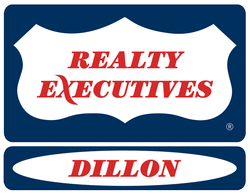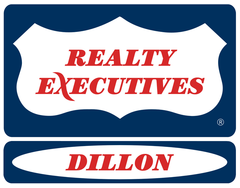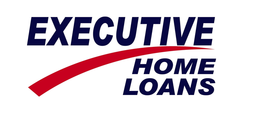Initial costs
There are initial costs that you acquire when you enter into the closing phase of the property that you are purchasing . These costs include down payment, service fees charged by a lender ( credit reports, appraisals, documentation and administrative costs), inspections and maintenance costs that you should consider. Remember buying and selling houses is expensive. So, if your not ready to settle in for a couple of years then it is probably in your best interest to rent
Recurring costs
Recurring costs are expenses you will have to pay per month or per year in owning your home. These include mortgage payments, home owners associations fees, maintenance, property taxes and homeowner’s insurance.
Opportunity costs
Opportunity costs are tracked for the initial purchase costs and for the recurring costs. To put it simply, it means what could this money be earning elsewhere? When you own a house your equity will be locked up in the house and will be earning zero interest or dividends.
Net proceeds
Net proceeds is the amount of money a seller will receive after the sale of a home. Net proceeds is calculated by taking the sale price of a home and subtracting all selling costs. Typical selling costs include:
- Payoff of existing mortgages
- Pro-ration of property taxes and utilities
- Real estate commissions
- Transfer and/or excise taxes
- Title/escrow/closing fees
Benefits of owning a home
There are certainly benefits to owning a home. One of them is tax benefits. There is the mortgage interest deduction - the most coveted of tax breaks. This is often at the epicenter of arguments as to why owning a home is better than renting. Next up we have appreciation/inflation. The housing market is always influx. This means there are time when it is downright killer to sell your home, and you could potentially make some great money and then there are times when selling your home would mean you lose some money. You must also consider about keeping up with inflation. As the years go by the cost of living will definitely increase. This means the value of your home will increase over the years but so will maintenance, insurances, and other expenses as well. Do your due diligence, and weigh the pro's and con's of home ownership.
Renting
Initial costs
Initial costs include the rent security deposit and, if applicable, the broker’s fee.
Recurring costs
The recurring costs include the monthly rent and the cost of renter’s insurance.
Opportunity costs
With renting, you may have more money to invest elsewhere. If you owned a home this would be money that would be tied up in equity and as a result, you wouldn't be making any money off of it. This is the missing link between renting and buying, which is poorly understood. Tied up equity is the largest cost of home ownership that you must consider.
Net proceeds
Net proceeds include the return of the rental security deposit, which typically occurs at the end of a lease. Usually you will have to maintain the rental in the condition that it was to receive your security deposit back.
So, now that we have gotten all that information out of the way, Let's throw some numbers around.
Let's say you are pondering the decision to purchase a $235,000 house. And, let's say you plan on staying in that house for 1 year. If you can rent a similar home for $2,746 per month then renting would be the better option. This is because costs after 1 year of buying will be broken down like this: Initial costs, $60,000, recurring costs, $17,216, Opportunity costs, $2,040. This was calculated with mortgage details that have a 3.67% mortgage rate, a 20% down payment with a 30 year mortgage, 1% maintenance/renovation fees, 0.46% homeowners insurance and $100 in monthly utilities. We won't delve into net proceeds as this is a variable that is dependent upon multiple items.
Now we'll break down the rental aspect after 1 year. Initial costs, $2,746 (plus the deposit for the first month), Recurring costs, $34,152, and Opportunity costs, $93. This was calculated with 0% broker's fee and 1.32% renter's insurance with $100 in monthly utilities. Renter's insurance varies so don't take that number as an average.
Now, if you plan on staying in that house for 5 years and all of that information in the former paragraph's stays the same then if you can find a rental of similar caliber for $1,064 per month, then renting is better. As you can see the longer you plan on staying in a house the better it is for your money overall. There aren't too many rentals that are going for $1,064 right now and you certainly will not get into a house with that amount. With $1,064 you will most likely be looking at apartments instead of houses.
In conclusion, Renting Vs. Buying is something that you should heavily consider. The longer you plan on staying in one spot the better it is for your money. If you are just looking for somewhere to live for a short period of time then renting would be your best option. There are many factors to consider so just do your homework, or better yet, find a real estate agent to help you calculate all of this out for you.
As your San Diego Real Estate Experts, Realty Executives Dillon can assist you in the next purchase or sale of a property. Feel free to contact us should you have any questions.



 RSS Feed
RSS Feed
















